Limitation Act 1980: How it Relates to Your Debt

The Limitation Act 1980 is a part of UK law that covers time limits for how long a person or company can start legal proceedings to recover money that they are owed. If you do a quick search and read the legal text that relates to the act, you’ll quickly realise it covers a range […]
Can I Stop a Direct Earnings Attachment?
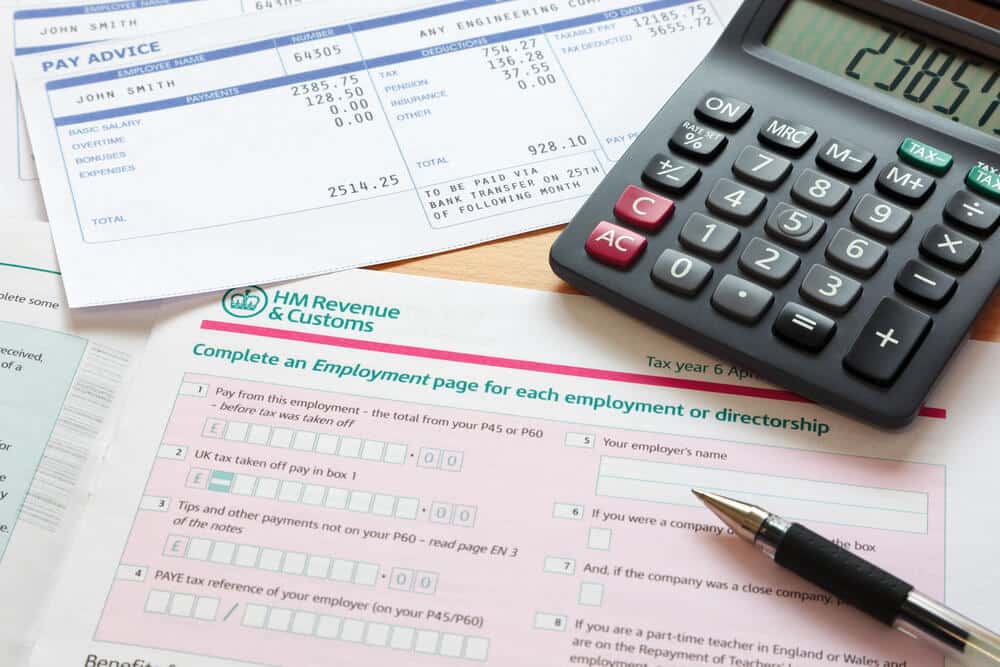
If you’ve been threatened with a Direct Earnings Attachment, you’re probably eager to stop it from going ahead. The good news is it is possible to stop a Direct Earnings Attachment – but it’s essential that you understand when and how to act to do so. In this guide, we’ll explore stopping Direct Earnings Attachments […]
Tax Credits Overpayment Guide
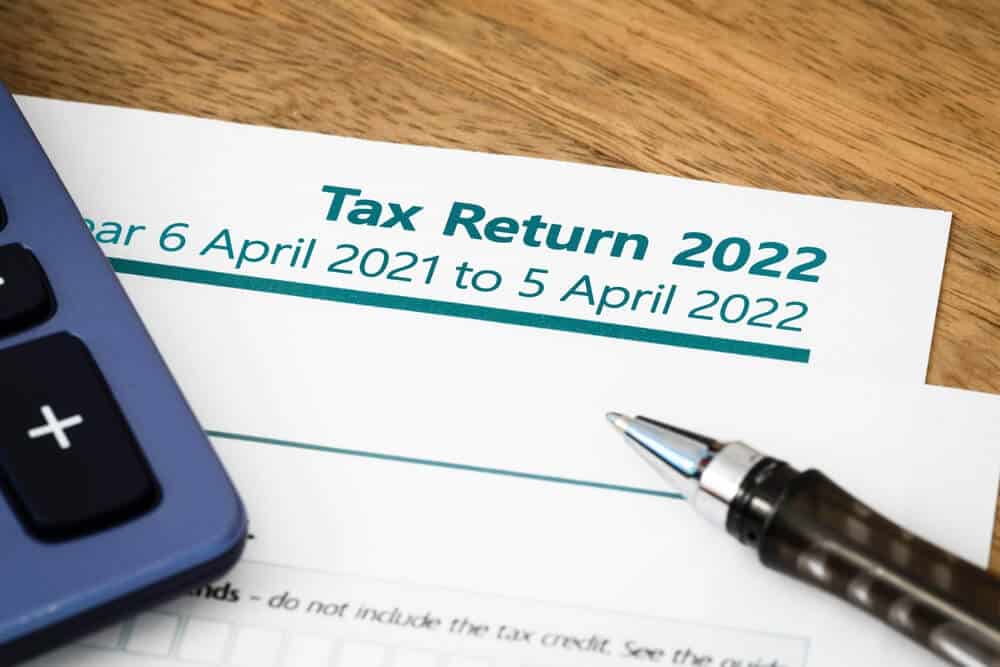
Every year, hundreds of thousands of people receive tax credit overpayment – so if you’ve realised you’ve been overpaid, you’re not alone. Whether you’ve done the maths yourself or received a letter from the Department for Work and Pensions (DWP) informing you, realising you might owe money to the government can feel worrying or frustrating. […]
Notice of default: What to do if you receive a default notice

If you’ve received a notice of default for missed payments, it’s important to understand what this means and how it can affect your credit score. In this guide, we’ll explain what a default notice is, how missed payments could affect your credit profile, and what happens if you get a default notice. What is a […]
How to apply for breathing space: Your guide to accessing debt help

Breathing space is a government-backed scheme that gives people in England and Wales a period of time where they can’t be chased by their creditors. If you’re struggling with debt repayments, you can get some temporary relief from things like letters and phone calls from debt collectors. In this guide, we’ll explain what the breathing […]
What is a crisis loan? A guide to emergency financial help
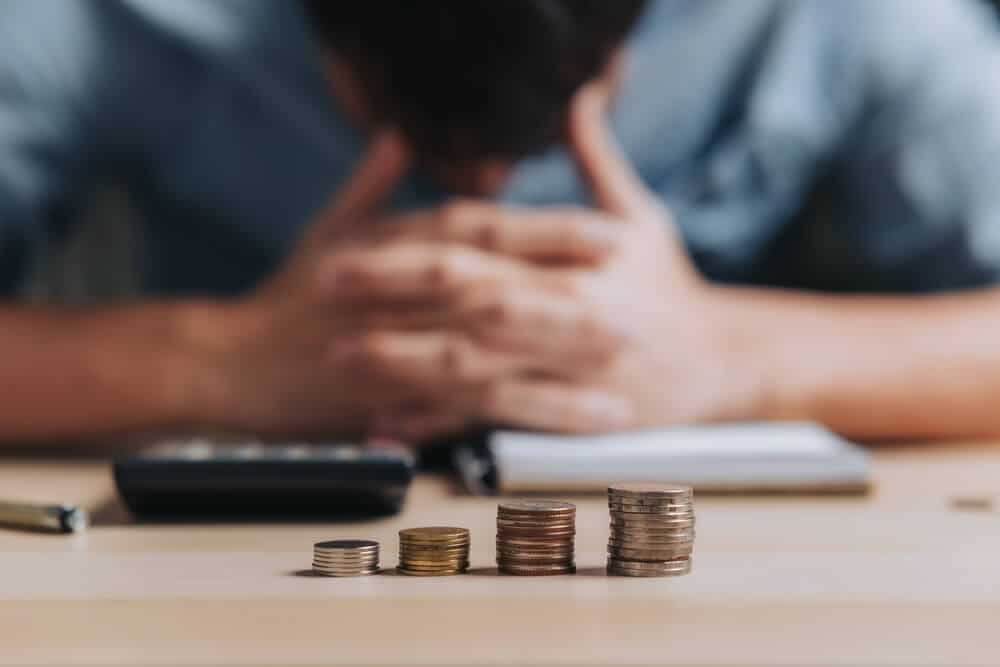
If you’re struggling to make ends meet in the UK, you may be eligible for a Government crisis loan. Crisis loans are interest free loans designed to help people with essential expenses like food and shelter. In this guide we’ll what you need to know about how to qualify for a crisis loan and how […]
CCJ check: How to find out if you have a County Court judgment against you
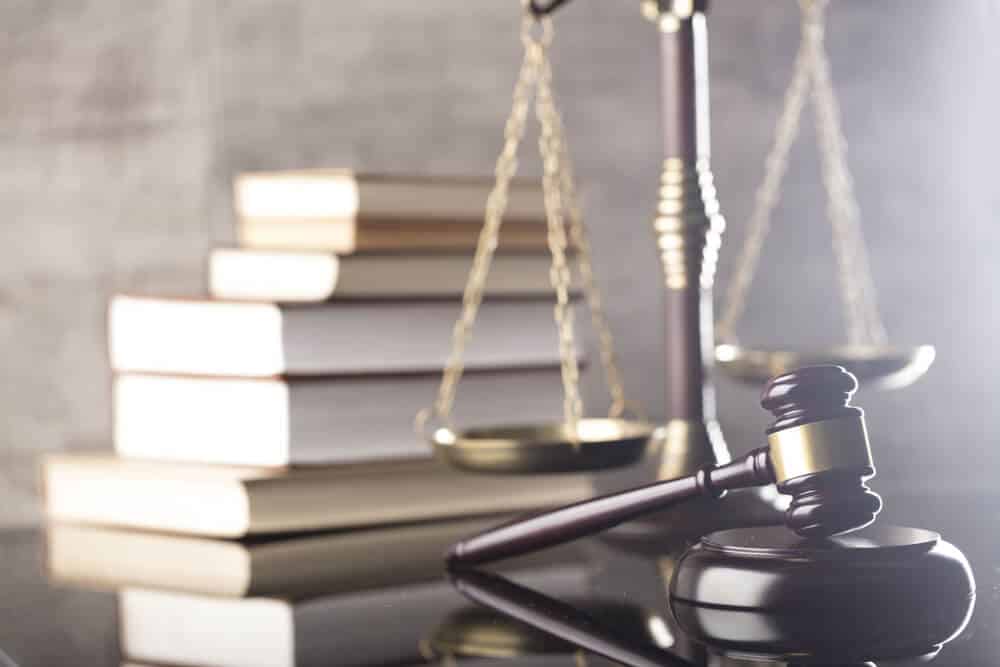
If you’re struggling with debt, one of the first things you’ll want to do is check for any County Court Judgments (CCJs) against you. In this guide we’ll explain what CCJs are, the impact of having a CCJ on your credit history, and how you can run a CCJ check on your name. What is […]
What does the official receiver check? Rules when you go bankrupt
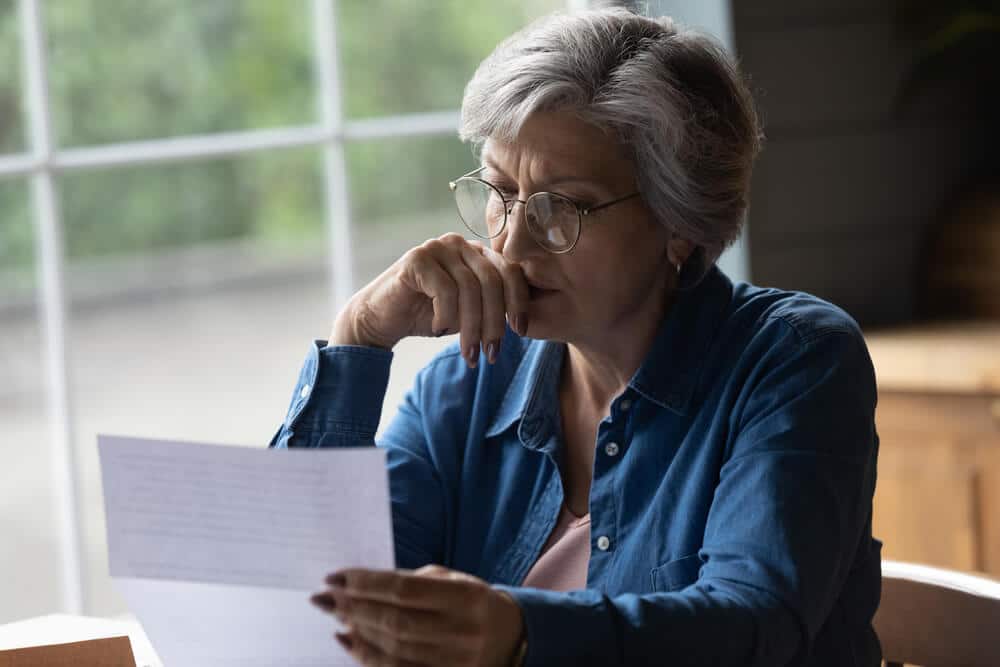
If you’ve ever considered bankruptcy as a way of dealing with your debts, you may have heard you have to cooperate with the ‘official receiver’ – but who are they, and what’s their role during the UK bankruptcy process? In this post, we’ll explore who the official receiver is, what they check during a bankruptcy, […]
How long does a CCJ last?

CCJs are a type of court order that can be made against someone who owes debts to a creditor. They’re usually used as a last resort after other methods, such as sending letters and making phone calls, have failed. In this guide we’ll explore what a CCJ is, how a CCJ will impact your credit […]
What is a notice of disassociation?

If you have a joint account or financial tie with another person and your relationship with that person changes, it may be in your interest to have that financial association removed. You can do so by requesting a notice of disassociation. In this article we’ll explain what a notice of disassociation is, how you can […]
